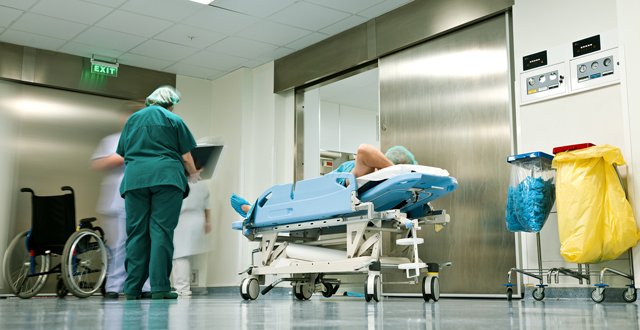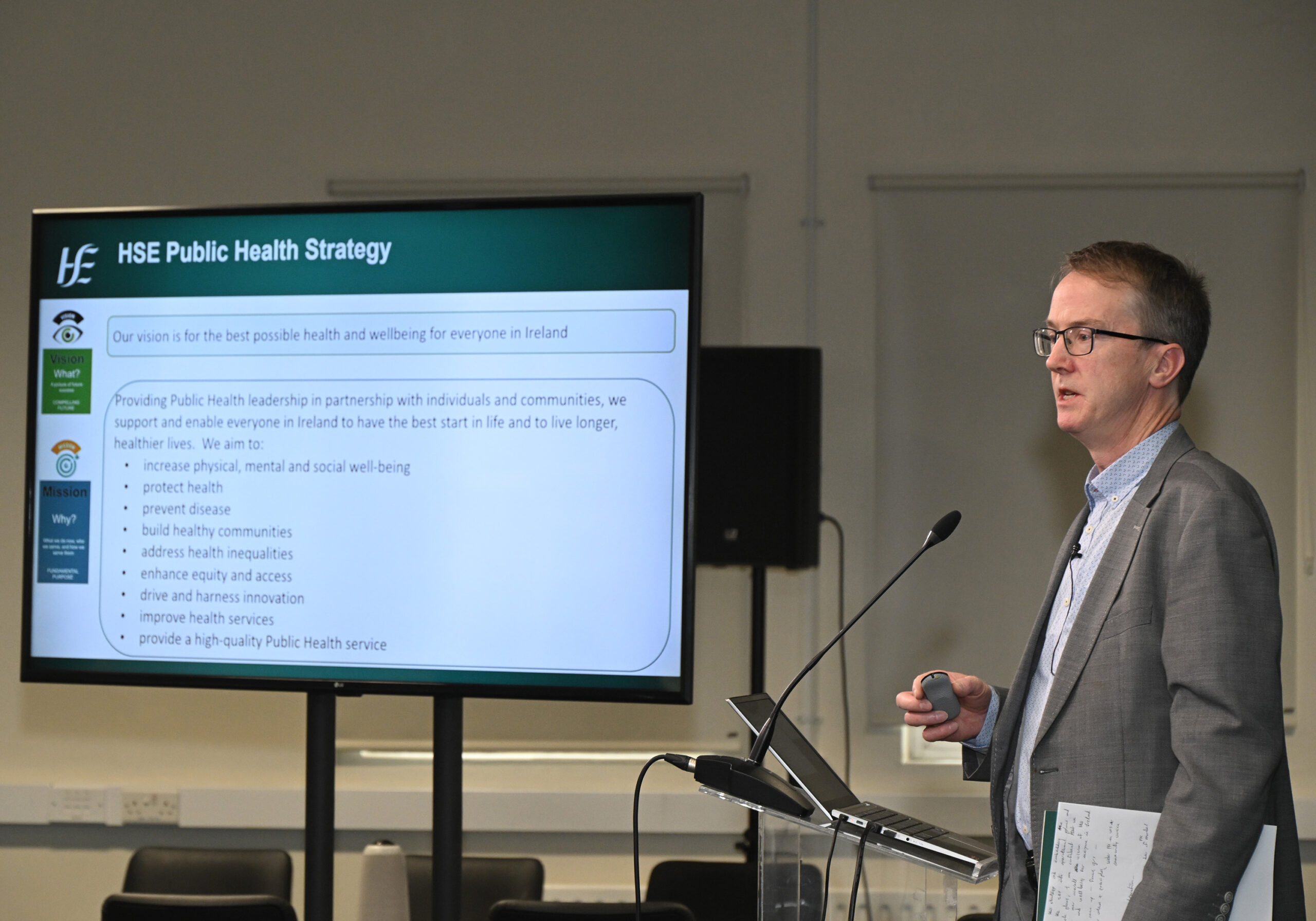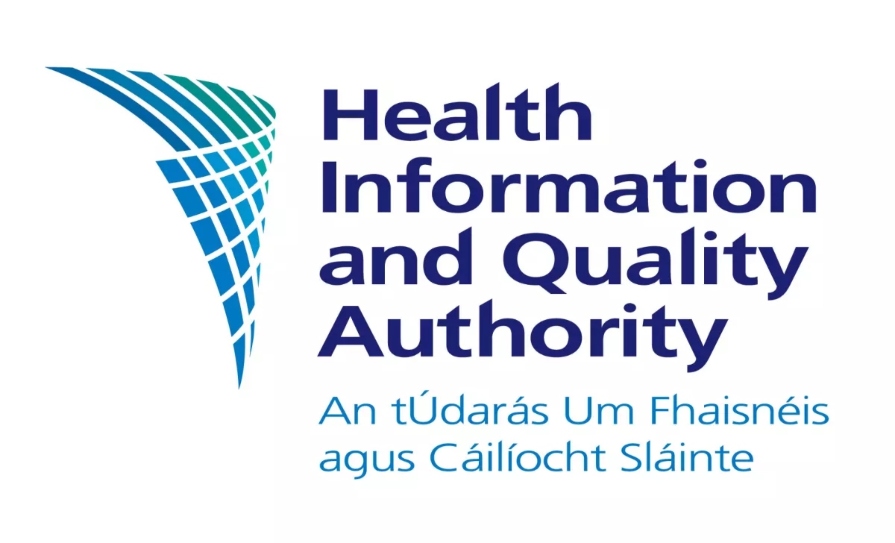The IHCA has called for Government and the HSE to expedite the publication of plans to tackle Ireland’s escalating acute hospital waiting lists.
The call came ahead of the latest National Treatment Purchase Fund (NTPF) hospital waiting lists which are expected shortly following a two-month delay due to the cyberattack.
Consultant Histopathologist and IHCA Vice President, Prof Rob Landers, said that waiting lists have been deteriorating progressively over the past decade, despite HSE claims that the service was resourced to bring these lists down before the Covid-19 pandemic.
According to the latest available information online (from May 2021), there were over 885,000 people on some form of NTPF waiting list to be treated or seen by a consultant.
The number of people waiting for inpatient and day-case hospital treatment has grown by more than 31,000 in the past decade – an increase of 69 per cent.
In May 2021 there were 20,820 patients on these lists waiting longer than a year for hospital care, which the IHCA says is more than a 100-fold increase in such ‘long waiters’ since May 2012 – when there were 199 patients waiting longer than 12 months for treatment.
This number is also more than double the number of ‘long waiters’ at the end of December 2019, with an additional 11,700 patients added since that time.
Over the past seven years, a further 286,000 people are waiting on public hospital outpatient lists to be assessed by a consultant, an increase of 84 per cent.
Consultants now fear that the next NTPF figures, expected to be published this month, could show significant increases across all waiting lists. It is anticipated the overall number of people waiting for care will be around 900,000.
Prof Landers said: “Over the last decade, the situation has progressively deteriorated to a point where we are now in an absolute crisis. The Government and health service must stop hiding behind the pandemic and cyberattack as the main reasons for our growing waiting lists.”
Within his own specialty of histopathology, Prof Landers said patients waiting long periods for care was not a new development. He noted that patients had been presenting with more advanced symptoms for the past number of years, which is a particular concern for those who come in for cancer resections at a later stage of disease progression.
“Patients are coming in at a more advanced stage – much more so than they should be, and more so than they would be anywhere else in Western Europe in particular. This is because people are waiting longer for operations and therefore are waiting longer to start follow on treatments like chemotherapy. This simply should not be the case,” said Prof Landers.
Growing waiting lists are not simply a result of Covid-19 but demonstrate the impact of years of consultant shortages and underinvestment in capacity across public hospitals, according to the IHCA.
The Association pointed specifically to the 2012 Government decision to impose pay discrimination on hospital consultants taking up contracts after that date as one of the root causes of Ireland’s recruitment and retention problem – which in turn is impacting on the delivery of timely access to care for patients.
While the Government and HSE has said they will be publishing a plan to tackle waiting lists, Prof Landers believes this and their plan for addressing capacity deficits need to be expedited ahead of the next winter period.
“The short answer is – we need to invest very heavily in our health service. It’s not going to be easy or an overnight fix, but we need to start planning it now.
“We have the lowest number of acute hospital beds and lowest number of consultants per population in Western Europe. So, we need multi-annual budgeting from the Department of Health and to bring together a plan to sort this problem out once and for all. This investment has to start now.
“We also have to put in place proper conditions for hospital consultants and make posts in this country attractive to bring the very best of our graduates abroad back and providing healthcare to their own Irish public patients.
“The success of the ongoing consultant contract discussions will be critical to the survival of our health system for years to come.”













Leave a Reply
You must be logged in to post a comment.